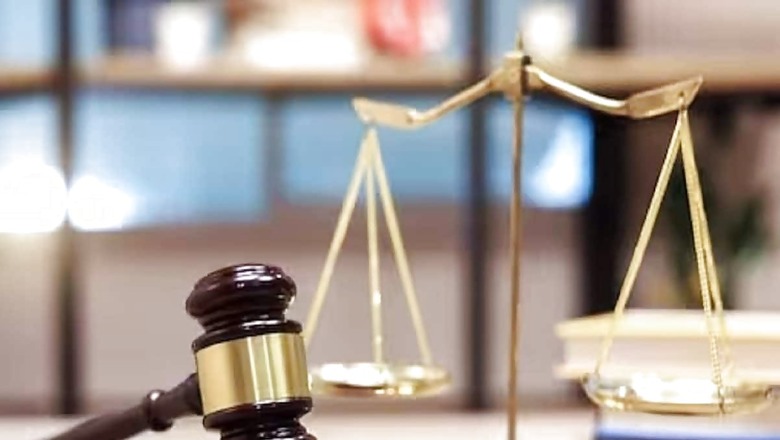
views
In a significant ruling, the Meghalaya High Court has upheld a conviction under the Protection of Children from Sexual Offences (POCSO) Act, emphasising that minor inconsistencies in the survivor’s statements do not detract from the overall credibility of the accusation.
The court held that despite variations in the survivor’s testimonies, the essence of the accusations remained consistent, underscoring the traumatic impact such experiences can have on young victims and their recollections.
A single-judge bench of Justice B Bhattacharjee noted: “The statement of the survivor stood firm and nothing has been pointed out in the evidence which may cast a shadow of doubt over the statement of the survivor.”
The observation came while the court was considering a criminal appeal filed by an accused against his conviction and sentence for sexually assaulting a 7-year-old boy under Section 7/8 of the Prevention of Children from Sexual Offences (POCSO) Act. The accused allegedly invited the survivor to his house and attempted to commit a sexual assault by taking off the trousers of the survivor. The accused then also took off his own trousers and started committing sexual assault. This incident was purportedly interrupted by the presence of other children nearby, leading to the survivor’s release.
The complainant, the survivor’s father, upon learning of the incident from his wife, found his 7-year-old son had been assaulted at the appellant’s house. The complainant thereafter went to the house of the accused, who made an admission of his guilt. Subsequently, an FIR was lodged on September 09, 2019, before Officer-in-Charge, Lumshnong PS, East Jaintia Hills District.
The trial court, upon the production of the accused and considering the arguments of both parties, framed charges under Sections 5(m) and 6 of the POCSO Act read with Section 377 of the IPC. However, the trial court convicted the accused under Section 7/8 of the POCSO Act. Upon further analysis of the evidence from the survivor, his parents, and witnesses corroborated the assault’s circumstances, with no defence cross-examination to challenge their accounts.
Medical testimony and investigation further supported the survivor’s narrative, establishing a well-founded case against the appellant without reliance on material exhibits.
Appearing for the accused (appellant), the Legal Aid counsel, argued that the survivor’s statement wasn’t corroborated by any other evidence, implying that the judgement and sentencing should not stand according to law, thereby calling for them to be set aside and quashed.
It was further contended that the trial court’s failure to formally read and explain the altered charges to the appellant violated Section 216(2) CrPC. “Charges against the appellant were framed under Section 5(m)/6 of the POCSO Act read with Section 377 IPC, but the learned Trial Court has convicted the appellant under Section 7/8 of the POCSO Act by altering the charges while delivering the impugned judgment and order of conviction.” the accused’s counsel argued. The lawyer stated that as per the mandate of Section 216(1) CrPC, a court may alter or add to any charge at any time before judgment is pronounced and not at the time of pronouncing of judgment.
Contrarily, the counsel, representing the state, argued that the depositions of witnesses remained unchallenged because they were not cross-examined, a situation that arose due to the absence of the defence counsel.
Furthermore, the defence did not submit any request to recall these witnesses for cross-examination during the trial, even though there was incriminating evidence against the accused.
On the issue of alteration of charges, the state counsel contended that the alteration and the subsequent conviction did not prejudice the appellant, supporting the trial court’s judgment.
The high court, taking into account the statements of witnesses and evidence on record, ruled: “The contention of the appellant that the evidence of the survivor has not been corroborated is devoid of merit and cannot be accepted.”
The court added that the mere mention of charge alterations in a judgment to uphold a conviction for a minor cognate offence does not constitute an improper change of charge according to Section 216 of the CrPC. Furthermore, under Section 222 of the CrPC, a criminal court is authorised to convict an individual for a minor offence, even if it was not the initial charge, as long as the offence is of a similar nature and its elements are proved beyond a reasonable doubt without causing prejudice or a failure of justice to the appellant.
The high court, therefore, dismissed the criminal appeal, confirming that a case under Section 7 of the POCSO Act, punishable under Section 8 of the same Act, was firmly established against the accused.




















Comments
0 comment